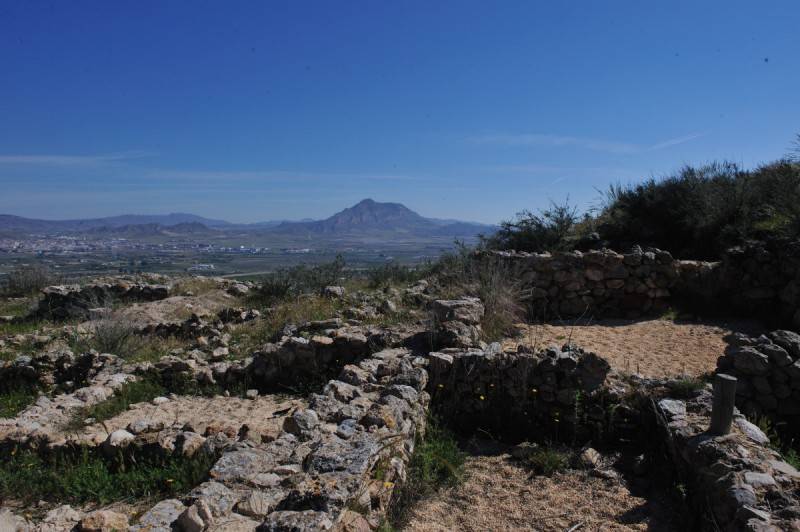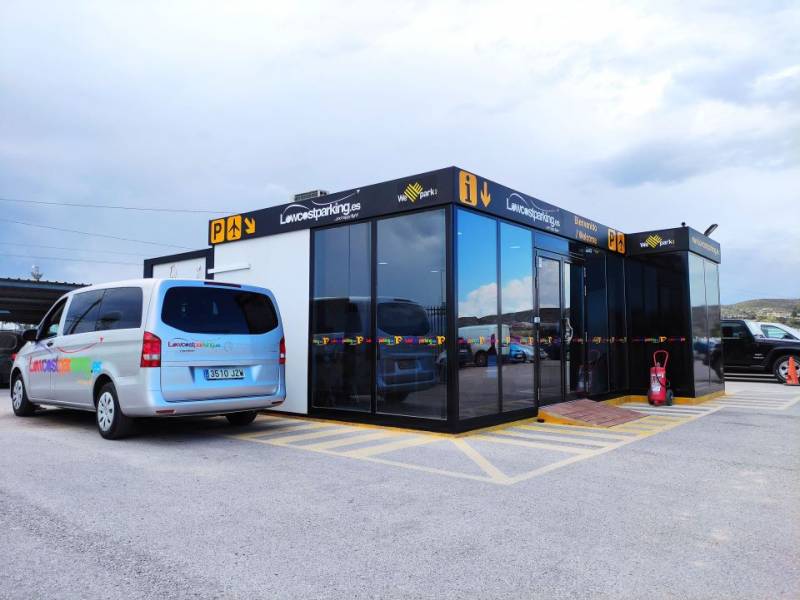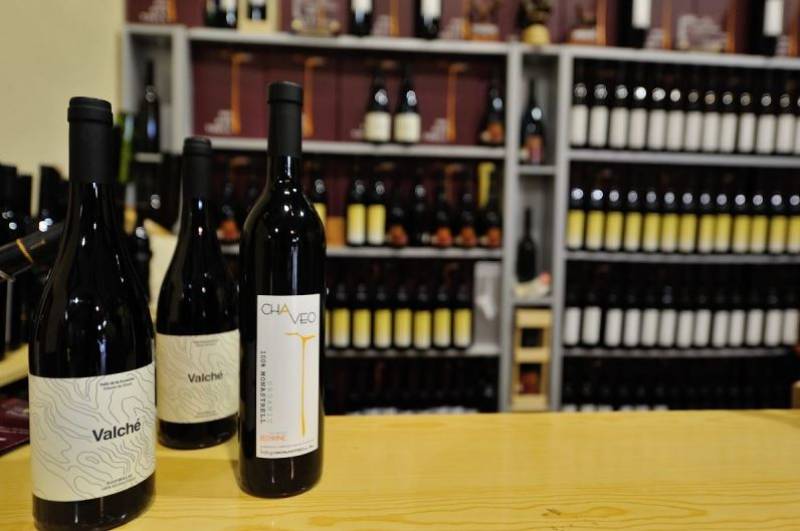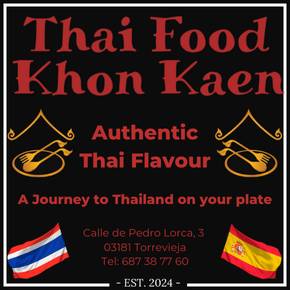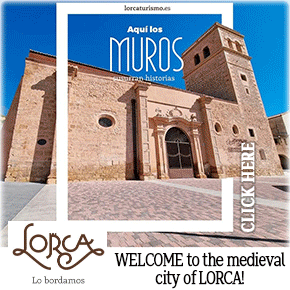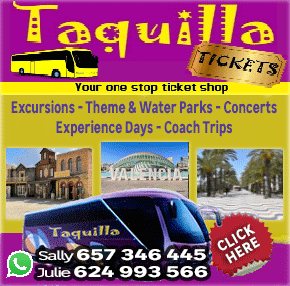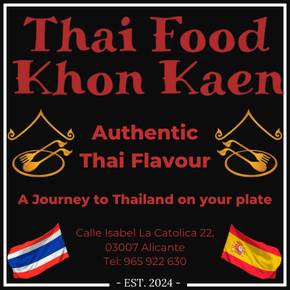
To be listed on the haciendadelalamo TODAY MAP please call +34 968 018 268.
January 12 to 19 Fiestas of San Antonio Abad in Yecla
Processions and holy blessings of pets are held in Yecla on January 18 and 19
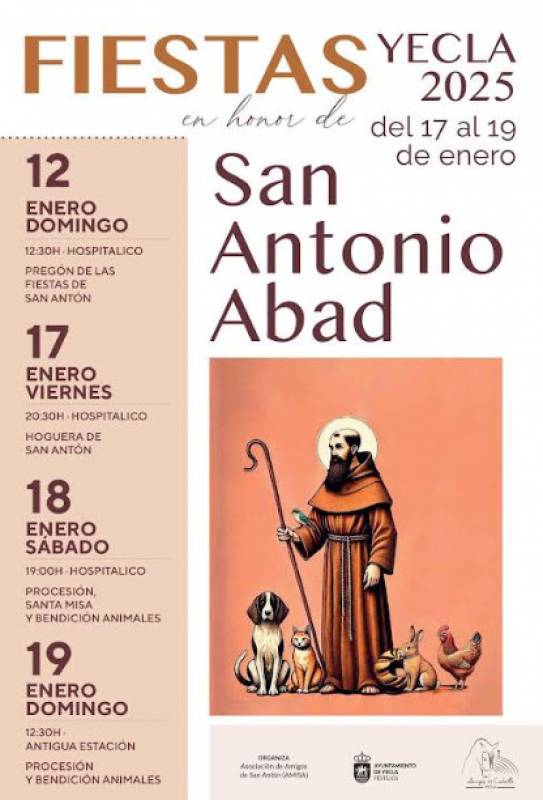 All over Spain the Saint’s Day of San Anton Abad or San Antonio Abad (Anthony the Great in English) is celebrated every January with a series of apparently bizarre scenes in which parish priests are called upon to bless pet animals, from dogs and cats to goldfish, sheep and all kinds of odd companions.
All over Spain the Saint’s Day of San Anton Abad or San Antonio Abad (Anthony the Great in English) is celebrated every January with a series of apparently bizarre scenes in which parish priests are called upon to bless pet animals, from dogs and cats to goldfish, sheep and all kinds of odd companions.
This is because Anthony, whose feast day falls on January 17, is the patron saint of a startling variety of aspects of life including not only animals but also skin diseases, farmers, butchers, basket makers, brush-makers and gravediggers!
Among the places where the day is the centre of special fiestas is Yecla in the north of the Region of Murcia, where the schedule of events in 2025 includes the following:
Sunday January 12
12.30: Investiture at the Iglesia de los Dolores (Hospitalico) (click for map) of the new “Abades Mayordomos del 2025”, Francisco Javier Muñoz Soriano and María Teresa Pisa Cañete, followed by the opening speech of the fiestas given by Inés López Coloma.
Friday January 17
20.30: The fiestas of San Antón begin at the old railway station of Yecla with the lighting of a grand bonfire by the Abades Mayordomos. Music is provided by the Grupo Folclórico Arabí while firecrackers announce the start of the fiestas and those present eat hearty country bread with top quality olive oil and a glass of wine.
Saturday January 18
19.00: A procession sets out with the figure of the Saint to circle the Iglesia del Hospitalico three times on Calle Hospital and Calle España (netween Placeta Ortega and Jabonería).
19.30: “Rociera” Mass inside the Iglesia de la Virgen de los Dolores (Hospitalico), during which the tradition of handing out sprigs of thyme and rosemary is observed. After Mass a Blessing of Animals is held.
Sunday January 19
12.30: Another procession, this time with horses, carriages, carts, dogs and other animals, setting out from the station and following Calles Pablo Picasso, España, Juan Ortuño, Carlos III, Colón, San Antonio, Esteban Díaz and Avenida de Cartagena. Another blessing of animals and handing out of holy bread are performed at the old station.
For more local events, news and visiting information go to the home page of Yecla Today.
Oficina de Turismo de Yecla
In early 2025, due to renovation work at the usual office, the service is located on the other side of the Plaza Mayor at Calle Epifanio Ibáñez nº 2 (click for map).
 Yecla is a large municipality in the north of the Region of Murcia, home to just under 35,000 people, and these days is best known for its wines, which enjoy Denomination of Origin status, and its furniture production, which has its origins in the abundance of pine trees on the mountainsides and the high plateaux.
Yecla is a large municipality in the north of the Region of Murcia, home to just under 35,000 people, and these days is best known for its wines, which enjoy Denomination of Origin status, and its furniture production, which has its origins in the abundance of pine trees on the mountainsides and the high plateaux.
 While visitors in the 21st century may be attracted primarily by wine tourism, the town (or city, as it was proclaimed in 1878) also has a wide historical, cultural and natural heritage, and an identity quite different from the coastal areas of the Region of Murcia. For this reason it is often grouped together with its neighbour and fellow wine-producing area Jumilla as part of the Altiplano area.
While visitors in the 21st century may be attracted primarily by wine tourism, the town (or city, as it was proclaimed in 1878) also has a wide historical, cultural and natural heritage, and an identity quite different from the coastal areas of the Region of Murcia. For this reason it is often grouped together with its neighbour and fellow wine-producing area Jumilla as part of the Altiplano area.
Yecla borders with Castilla-La Mancha and the Region of Valencia and is closer to Alicante coastal areas than much of Murcia. These visitors come to see the historic old town itself - an atmospheric and interesting place, crammed full of history - the natural beauty of Monte Arabí, with stunning views for those who enjoy the outdoors, the gastonomy and of course the wine route.
 Yecla boasts cave paintings from 10,000 years ago in Monte Arabí, a Bronze Age settlement at El Arabilejo, Iberian remains in El Pulpillo and a Roman administrative centre at Los Torrejones as well as the remnants of the 11th century Moorish castle on the hill behind the town. More modern (and complete) testimony to the past are the buildings in the town centre, which include the grandiose Basílica de la Purísima, with its striking blue dome, the archaeological museum and the attractive Plaza Mayor, where the 16th century Town Hall stands alongside the Renaissance Casa de los Alarcos, the clock tower and the old grain store.
Yecla boasts cave paintings from 10,000 years ago in Monte Arabí, a Bronze Age settlement at El Arabilejo, Iberian remains in El Pulpillo and a Roman administrative centre at Los Torrejones as well as the remnants of the 11th century Moorish castle on the hill behind the town. More modern (and complete) testimony to the past are the buildings in the town centre, which include the grandiose Basílica de la Purísima, with its striking blue dome, the archaeological museum and the attractive Plaza Mayor, where the 16th century Town Hall stands alongside the Renaissance Casa de los Alarcos, the clock tower and the old grain store.
 The tourist office holds a full selection of leaflets, maps, pre-planned routes, accommodation and restaurant options and information about visiting Yecla for both individuals and groups.
The tourist office holds a full selection of leaflets, maps, pre-planned routes, accommodation and restaurant options and information about visiting Yecla for both individuals and groups.
There is parking close to the tourist office, although those driving to Yecla for the first time are advised to park in Calle Perales.
For further information go to the home page of Yecla Today.
Opening hours:
Tuesday to Friday 8.00 to 15.00
Saturdays 10.30 to 14.00 and 17.00 to 19.30.
Public holidays 10.30 to 14.00
Click for map, Yecla tourist office








